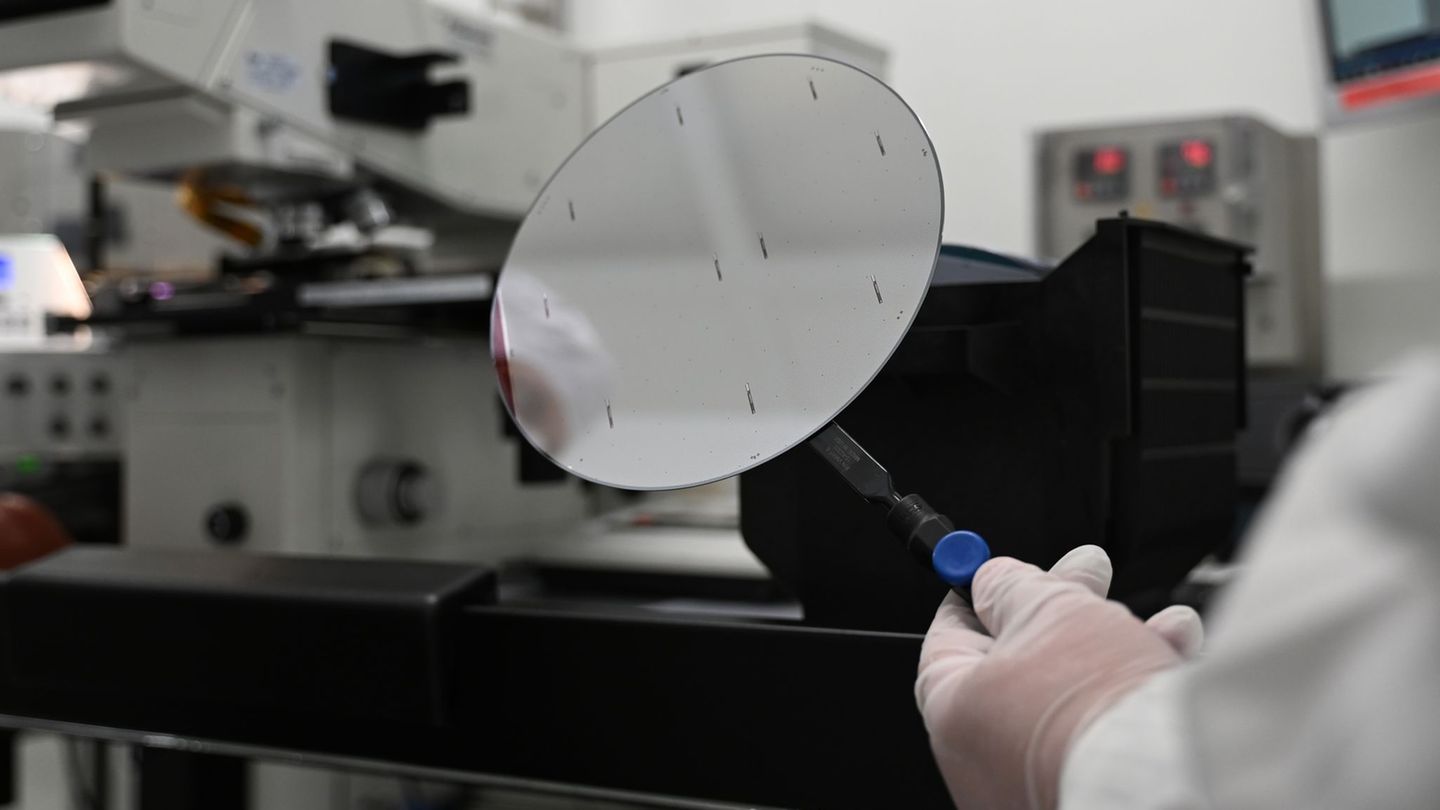“Word of mouth today is on the networks, but I have a hard time generating that content,” says Camila Peralta, protagonist of “Soft”of Martin Bontempo, another off-screen success that, after selling out since its premiere last year in Nun, is coming to Calle Corrientes.
This one-woman show about a woman who discovers a gift for curing patients and which addresses the world of science and traditional medicine in a public hospital in the suburbs, won the Trinidad Guevara Award for best female revelation. Camila Peralta He plays many characters in a story of eroticism, science fiction and mystery.
From Tuesday, August 13, it will offer performances at the Metropolitan after its stint at Caras y Caretas and having performed in Rosario, the Women’s Prison in Ezeiza and the Rafaela Festival. In the meantime, it will face performances in Munro, Avellaneda, San Martín, Montevideo and Mexico City. We spoke with Peralta.
Journalist: What is this story like that was praised and distinguished with awards and a full house?
Camila Perlata: We built it with the director Martín Bontempo and the assistant director during four months of rehearsals, four times a week, and it is about a single mother who needs to support her family, which is her daughter. She is very particular in her way of speaking, of thinking about the world, of communicating and she is sensitive. She mixes two worlds because although she describes a very marginal and earthly personal situation, she then finds herself in a magical world or one of fantasy and science fiction, and then she begins to inhabit it. Every weekend we have an exploited one, which makes the character grow because with the public’s response to certain things one begins to understand what the audience is asking for, what is added and what is taken away.
P1146764.jpg
Q: What was that role like in the women’s prison?
CP: It was very special because it was the first time I did theatre in prison, with a tense situation at the entrance, security, and seeing the girls locked up there all the time. I brought them this story and tried to get them to leave that place they can’t get out of. It was strange because we didn’t have all the scenery, it was all very simple but the play still made sense in that way. At first the girls in the audience were distracted, guards walked past me while I was acting, at one point the light went out, people were talking, moving, until at one point they started to be called and it was spectacular, they laughed, they were attentive, the most beautiful thing was how they approached me at the end to thank me for being there. They were very different comments from those of a conventional audience, which is not deprived of its freedom. When I returned with another play they told me that they had been thinking, that they repeated phrases from “Suavecita”, it was moving to do it although in the days before I was nervous, crying and excited.
Q: What elements of the work captivate the audience?
CP: There are recognizable things in the work, everyday and of popular consumption. The virgins and saints in this country are very strong, the roads are full of little altars, touching on these themes crosses different social classes and never stops being current. The one-man shows have a particular magnetism because in addition to telling a story they have a single person holding the story with skill, and in this case interpreting several characters. The story and the tool of acting are enjoyed.
Q: In many of your current works, the divine appears, such as virgins, mediums, miracles, and faith. Why?
CP: It affects us as a society, it has nothing to do with status, what one does, whether one is an intellectual or not, whether one has read a book, it affects us whether or not we believe, which can also have to do with being a bit superstitious, feeling that there is something more. When someone has to be treated for an illness and money is no longer what is needed to heal, what remains is faith.
Q: What is it like to do independent theatre today?
CP: This play was produced by the Nun theatre, which provided the money for the scenery and the rehearsal space. Other plays I was in were privately produced. I didn’t have to take charge of the production as in past plays when I had to present it to Proteatro, INT, etc., to get funding. At that time I was involved in what was difficult and today getting funding is more complicated. The independent stage enables a positive experience of rehearsals and tests without the requirement of arriving in a certain time, which helps the play to mature. The negative side is that it takes a lot of time to carry things out. Luckily, with “Suavecita” it was a combination of freedom, setting a premiere date and some money to do it.
IRS_6461 (1).jpg

Q: How do you deal with the need to upload reels and produce content for social networks?
CP: I don’t do it and I don’t feel like it. We were able to put together a team where others do it, but if they weren’t there I would be in trouble because I’m embarrassed. I want to concentrate on acting, if I have to do another job that isn’t my own, I don’t know how to do it well. It’s a requirement today that the information is on the networks, because what used to happen before filling the room by appearing in the media, happens today if someone with a lot of followers shares the content.
Q: How do you see theatre and culture today?
CP: There are many creative people producing quality and critical thinking. I am surrounded by talented people, but theatre and culture are not being looked after. They are places of thought where things are created that later resonate in society. Artists work by thinking about ourselves, which scares those in power. Thinking makes us wake up and that is why culture is treated badly. Furthermore, culture is created to enjoy a song, a work, to get away from it being just information, numbers, dollars, bad news. We have always resisted and we will continue to do so. Good things will come out of these places even if they are not supported.
Source: Ambito
I am an author and journalist who has worked in the entertainment industry for over a decade. I currently work as a news editor at a major news website, and my focus is on covering the latest trends in entertainment. I also write occasional pieces for other outlets, and have authored two books about the entertainment industry.




